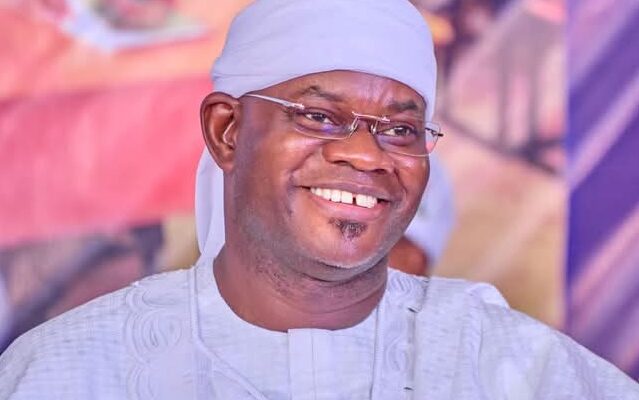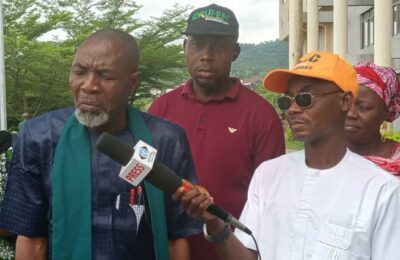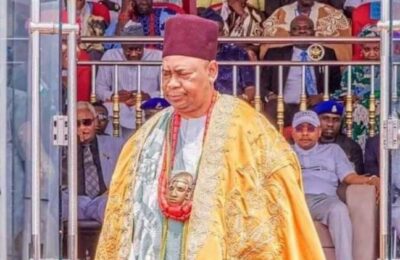By Kolawale Adedayo
Fresh political developments in Kogi State have continued to stir debate over the lingering influence of former Governor Yahaya Bello on the state’s leadership, amid mounting allegations that he may be pursuing what some political observers describe as a “fourth term by proxy.”
Barely 21 months into the tenure of his successor, Governor Usman Ododo, sources within the ruling All Progressives Congress (APC) allege that Bello still wields considerable power in the state, effectively shaping appointments and policy directions behind the scenes. Reports suggest that several key government positions — including commissioners, advisers, and aides — were filled on the former governor’s recommendations, reinforcing claims of continued dominance.
Bello’s Grip and Strategic Realignments
Insiders say Bello’s latest political activities — including meetings with influential figures such as Senator Sunday Karimi and Hon. Suleiman Baba Ali — are part of a broader strategy to maintain relevance ahead of the 2027 general elections. His recent consultations are also believed to align with President Bola Ahmed Tinubu’s re-election campaign, as Bello reportedly seeks to position himself as a key player within the president’s northern support network.
Ironically, Senator Karimi had only recently criticized Bello for organizing what he described as an “insensitive and unnecessary” APC endorsement rally in Lokoja. At the time, Karimi argued that President Tinubu’s popularity in Kogi did not depend on “Yahaya Bello’s political abracadabra.” Yet, emerging reports suggest that Bello has since reached out to Karimi and other Kogi West leaders in what appears to be a peace overture and a bid to rebuild old alliances.
Behind the Scenes: Power or Party Unity?
Analysts and political watchers believe Bello’s current maneuvers go beyond fostering party cohesion. Rather, they view them as calculated moves to consolidate control over political structures, patronage networks, and state resources.
During his eight-year rule, Bello faced repeated accusations of marginalizing Kogi East and West in favor of his native Kogi Central, fueling regional discontent that has persisted into the current administration. Critics fear that if unchecked, this pattern of influence could entrench political godfatherism and hinder the emergence of independent leadership in the state.
A political analyst based in Lokoja told this newspaper that “what is playing out is a continuation of Bello’s political blueprint — ensuring that every strategic position in Kogi owes allegiance to him, whether or not he holds office.”
Calls for Presidential Oversight
Amid these growing concerns, political stakeholders across Kogi’s three senatorial districts have called on President Bola Ahmed Tinubu and the APC national leadership to ensure internal democracy and fairness in the state. They argue that allowing any individual to recycle power under the guise of loyalty could damage the party’s integrity and undermine good governance.
Civil society groups and opinion leaders have also urged the presidency to resist pressures that could legitimize political dominance by proxy. They maintain that genuine progress in Kogi can only be achieved when leadership is freed from personal control and when merit and inclusivity drive governance.
“This is not about hostility or factional politics,” one stakeholder noted. “It’s about restoring accountability and ensuring that Kogi belongs to all its people, not to a few individuals with vested interests.”
A Test for the APC and Tinubu
As the 2027 election season draws nearer, observers say how the APC handles the unfolding situation in Kogi will be a critical test of its commitment to internal reform and equity. For President Tinubu, the challenge lies in balancing political loyalty with the imperative of strengthening democratic values across the federation.
Whether the party allows the alleged “fourth-term-by-proxy” arrangement to persist — or moves decisively to assert fairness and independence — may well determine not only the political trajectory of Kogi State but also the broader perception of the Tinubu administration’s stance on accountability and governance.
– Comrade Adedayo Kolawale is a public affairs analyst. He writes from Abuja.




